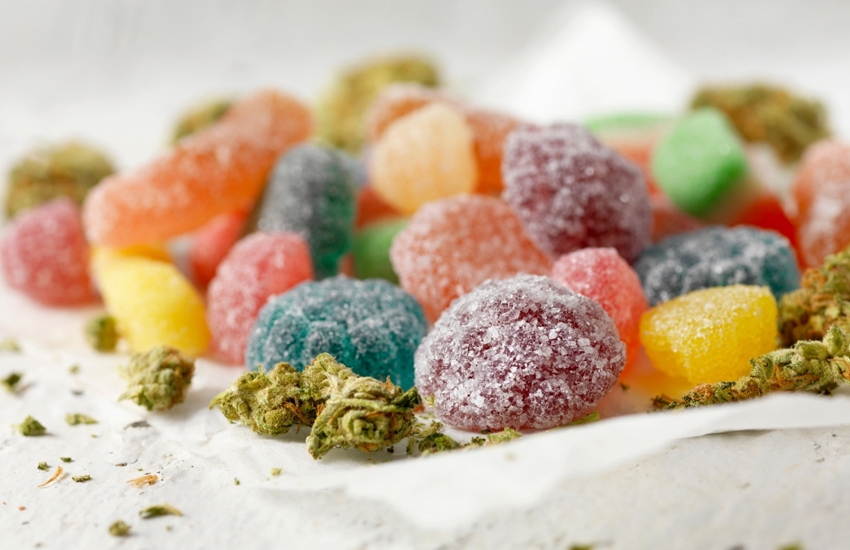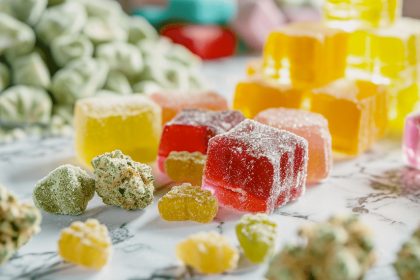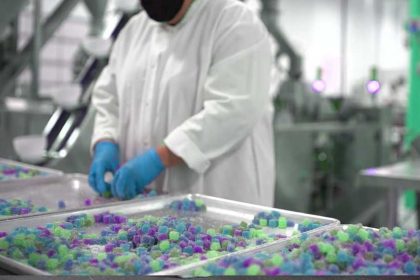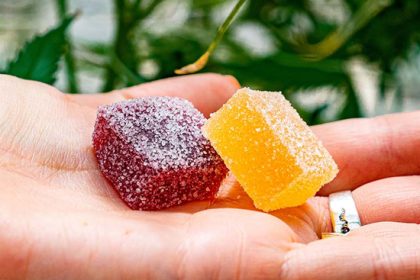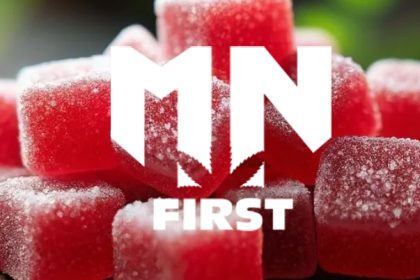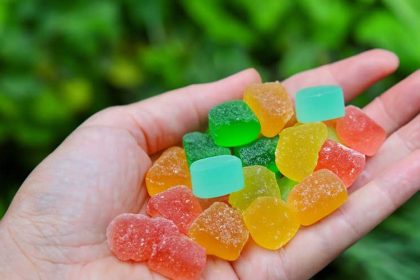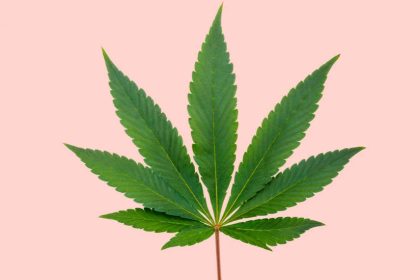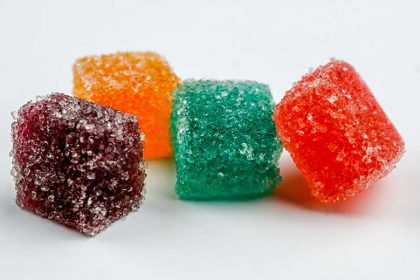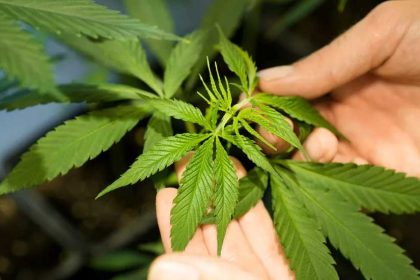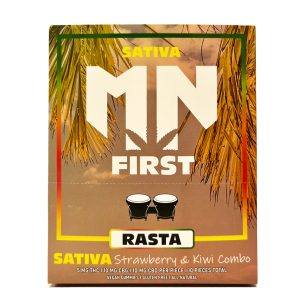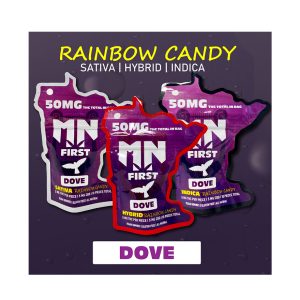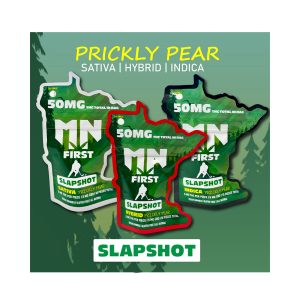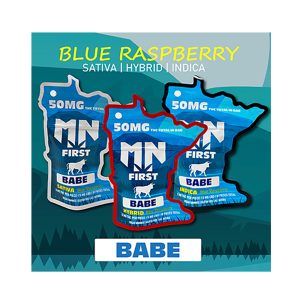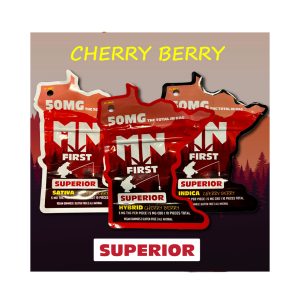Minnesota Has Legalized THC Edibles With Specific Rules
You’ve probably heard that Minnesota has legalized THC edibles, but did you know there are specific rules tied to this decision? The state is now allowing sales of foods infused with THC, like cookies and gummies, but only in childproof packaging and to those over 21. It’s an intriguing shift in policy that could stimulate the local economy and open up new job opportunities. But what does this mean for the future of the cannabis industry in Minnesota? Why don’t we dig deeper into the implications of these new regulations together?
Understanding Minnesota’s New Cannabis Laws
If you’ve been keeping up with cannabis legislation in Minnesota, you’ll know that the state recently legalized THC edibles, but with a set of specific rules and regulations to carefully control their production, sale, and consumption. The new law illustrates a cautious approach towards the integration of THC edibles into the market.
The regulations focus on ensuring these products don’t fall into the hands of minors. Hence, THC edibles must be sold in childproof containers, and marketing tactics appealing to children are strictly prohibited. Additionally, only individuals over the age of 21 can legally purchase these products.
Interestingly, the law has a narrow scope, excluding vapes and flower for smoking, and solely focusing on edibles and beverages. This specific focus reflects a strategy to manage the potential risks associated with THC products and control their consumption.
The initial enforcement of these regulations falls under the jurisdiction of the Board of Pharmacy. However, as the industry evolves, it’s expected that future legislative sessions will consider a more detailed regulatory structure. This approach to legalization sets the stage for potential future endeavors in Minnesota’s cannabis industry.
Edibles: The Legalized Spectrum
Examining the legalized spectrum of edibles in Minnesota necessitates a thorough investigation of the specifics of the new law, how it distinguishes these products from traditional marijuana, and the implications for both consumers and the broader cannabis industry.
Under the new law, it should be emphasized that dispensaries are now authorized to sell THC-infused edibles. However, the products being marketed are distinctly different from traditional marijuana. Instead of vapes and flowers for smoking, the focus has shifted solely to edibles, such as cookies, gummies, and beverages. This shift is significant as it expands the cannabis market, paving the way for an array of new consumers who may have been hesitant to smoke or vape.
The law not only regulates the sale of these products but also sets specific rules for their packaging and marketing. One key rule is that all edibles must be sold in childproof containers, underscoring the state’s commitment to safety.
For the cannabis industry, this development opens a new stream of revenue. With edibles now on their shelves, dispensaries can expect an increase in sales. Yet, they must navigate these waters carefully, adhering strictly to the state’s guidelines to maintain their newly expanded operations.
Rules for THC Edibles Consumption
Understanding the rules for THC edibles consumption in Minnesota requires a keen comprehension of the state’s specific regulations and restrictions. The state has legalized THC edibles, but with clearly defined boundaries. You can purchase these products, but they must only be food and beverages in childproof containers. The law prohibits any marketing towards children, and sales are strictly limited to individuals over the age of 21.
Remember, this law is specifically about edibles and beverages containing THC, excluding vapes and flowers for smoking. While the Board of Pharmacy is the initial overseer for regulatory enforcement, future legislation could alter this structure. It’s important to be aware that this is a new territory in Minnesota’s law, and changes are likely to occur.
When consuming THC edibles, you must understand that THC is the active ingredient in marijuana responsible for the high. These laws center on regulating this chemical within edibles and beverages, setting them apart from traditional marijuana products. Make sure to stay informed and follow the rules as they evolve, to guarantee legal and safe consumption of THC edibles in Minnesota.
Impact on Minnesota’s Economy
The legalization of THC edibles in Minnesota could have significant implications for the state’s economy, potentially leading to increased tax revenue, job creation, and economic growth. As businesses start producing and selling these products, new job opportunities may arise in manufacturing, sales, and distribution sectors.
In addition, this new industry could stimulate local economies as businesses purchase supplies and services from other local businesses. This is likely to result in a ripple effect that spreads beyond the immediate industry.
Moreover, the taxation of these products could provide a new revenue stream for the state. These funds could be used in various areas such as education, healthcare, and infrastructure, further stimulating economic growth.
Here’s a brief overview of economic impacts:
| Potential Impact | Details |
| Increased tax revenue | New revenue stream from taxation of edibles |
| Job creation | Opportunities in manufacturing, sales, distribution |
| Economic stimulation | Increased local business activity |
| Infrastructure development | Use of tax revenue for public works |
| Enhanced business opportunities | Potential for new startups, expansion of existing businesses |
The precise impact will depend on the industry’s growth, the rate of consumption, and how effectively the state manages this new resource.
Future Prospects of Cannabis Industry
As we look ahead, it’s clear that the legalization of THC edibles in Minnesota could be a game-changer for the state’s cannabis industry. This bold move has the potential to open new markets and create opportunities for growth and innovation.
You may wonder, what’s next? The answer, in part, lies in the state’s approach to regulation and enforcement. The Minnesota Board of Pharmacy‘s initial oversight of THC edibles will unquestionably play an important role in shaping the industry’s future. This regulatory body could set the stage for more thorough structures down the line, further legitimizing and stabilizing the industry.
The industry’s future also hinges on how it adapts to these new regulations. Can businesses meet the demand for edibles while adhering to strict guidelines about childproof containers and marketing restrictions? Success in this area could pave the way for broader legalization efforts, potentially extending to vapes and flower for smoking.
Lastly, public perception and support will be key. If Minnesotans embrace THC edibles and the state sees a boost in tax revenue, it could spur other states to follow suit, propelling the national cannabis industry forward.
Frequently Asked Questions
What Are the Penalties for Violating Minnesotas THC Edibles Regulations?
You’re asking about penalties for violating Minnesota’s THC edibles regulations. Non-compliance can result in fines, business licenses suspension, or even criminal charges, depending on the severity and intent of the violation. Always adhere to local laws.
How Is the Age of the Consumer Verified During the Sale of THC Edibles?
In Minnesota, you’ll need to show a valid ID to purchase THC edibles. The seller must verify you’re over 21, and it’s illegal for them to sell to anyone underage. Breaking these rules carries penalties.
What Is the Process for a Business to Become Licensed to Sell THC Edibles?
To become licensed to sell THC edibles, you’d first apply through Minnesota’s Board of Pharmacy. You’ll need to fulfill specific requirements, including childproof packaging and no marketing to minors, before receiving approval.
Are There Any Restrictions on the Types of Food and Beverages That Can Contain Thc?
Yes, there are restrictions on the types of food and beverages that can contain THC. In Minnesota, only those in childproof containers are allowed. Vapes and smoking flower aren’t included, only edibles and drinks.
Can THC Edibles Be Purchased Online and Delivered Within Minnesota?
You can’t currently purchase THC edibles online for delivery within Minnesota. The state’s specific rules for THC edibles don’t yet allow for online sales or delivery. Always check for updates, as laws can change.

